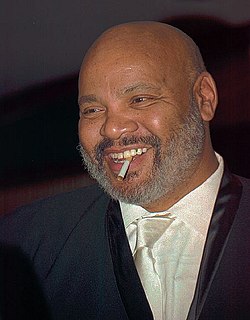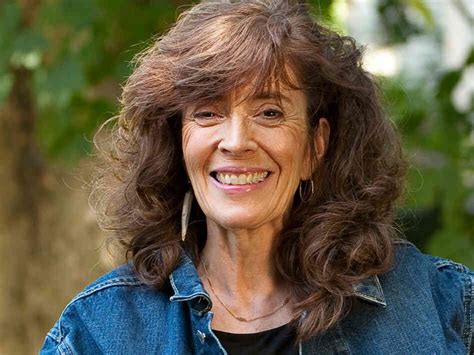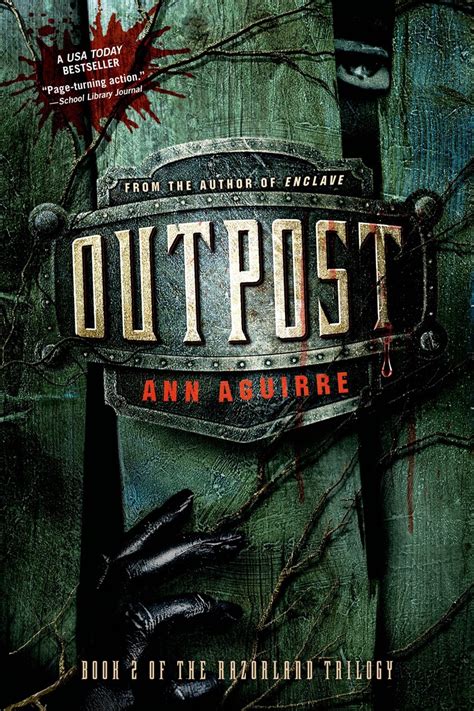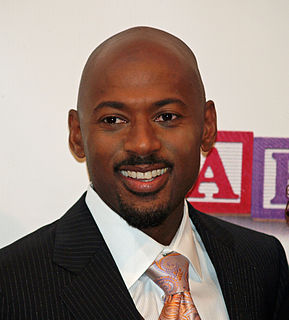A Quote by George Saunders
As a fiction writer, one of things you learn is God lives in specificity. You know, human kindness is increased as we pursue specificity.
Quote Topics
Related Quotes
I truly believe that to stay home, to learn the names of things, to realize who we live among . . . then I believe a politics of place emerges where we are deeply accountable to our communities, to our neighborhoods, to our home . . . If we are not rooted deeply in place, making that commitment to dig in and stay put . . . then I think we are living a life without specificity, and then our lives become abstractions. Then we enter a place of true desolation.




































